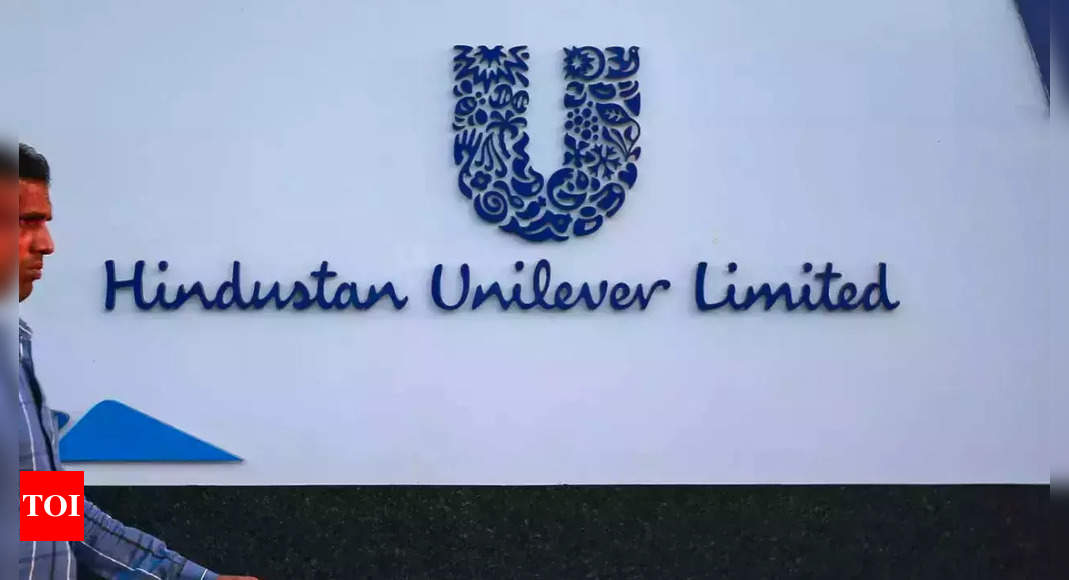Hindustan Unilever (HUL), the largest consumer goods firm in India, is leading the way in experimenting with innovative technology to produce essential raw materials for detergents. The primary objective is to drastically reduce greenhouse gas (GHG) emissions. HUL is taking the first step globally to introduce an environment-friendly solution for the production of soda ash and silicate, which are integral components of laundry detergents. This technological advancement promises a significant reduction in Scope 3 emissions, which includes all indirect GHG emissions along the value chain of a company.
At the recent Clean Future Summit hosted by HUL, the company unveiled its latest technology for manufacturing soda ash and silicate. The aim is to reduce emissions and enhance performance. HUL’s Executive Director of Home Care, Deepak Subramanian, emphasized the importance of developing sustainable products that are superior and affordable, in addition to being environmentally friendly. HUL’s innovation funnel is now filled with new technologies and ideas that align with these goals.
HUL dominates India’s laundry market, commanding a market share of over 43%. It is renowned for popular brands like Surf, Rin, and Wheel. It is also worth mentioning that HUL’s home care business in India is the largest for Unilever globally, generating annual sales of Rs 21,230 crore.
HUL’s commitment to sustainability is apparent in its efforts to reduce carbon emissions. In the previous fiscal year, HUL achieved a 97% reduction in CO2 emissions per ton of production compared to its 2008 baseline. Additionally, the company has been plastic-neutral since 2021. HUL sources around 95% of its paper and board packaging, 82% of its tomatoes, and 69% of its tea from sustainable sources. Furthermore, the company has delivered more than 2.6 trillion liters of combined water potential. To reinforce its dedication to sustainability, HUL has set clear targets, aiming for zero emissions in its operations by 2030 and net-zero emissions across its value chain by 2039. This aligns with Unilever’s Compass Commitment and Climate Transition Action plan.
However, HUL acknowledges that achieving these ambitious goals requires collaboration with its supplier ecosystem. Rajat Arora, Home Care R&D Head for South Asia and Asia at HUL, emphasized the importance of collaborative efforts and external partnerships to introduce groundbreaking technology. Soda ash is a crucial ingredient in HUL’s products, and the company plans to capture carbon from the atmosphere to manufacture it. By using green ammonia and collaborating with partners like Tuticorin Alkali Chemicals and Fertilisers Limited (TFL), HUL aims to scale up low GHG soda ash production. Moreover, HUL will pilot the creation of near-zero soda ash using green ammonia produced by its Egyptian supplier, OCI, in collaboration with TFL. HUL also intends to expand the production of low GHG green silicate through a modified production process and biomass utilization in partnership with Sudarshan Chemicals.
HUL’s dedication to sustainability and the introduction of environment-friendly technology for detergent production is a significant step towards reducing GHG emissions and realizing a more sustainable future.










